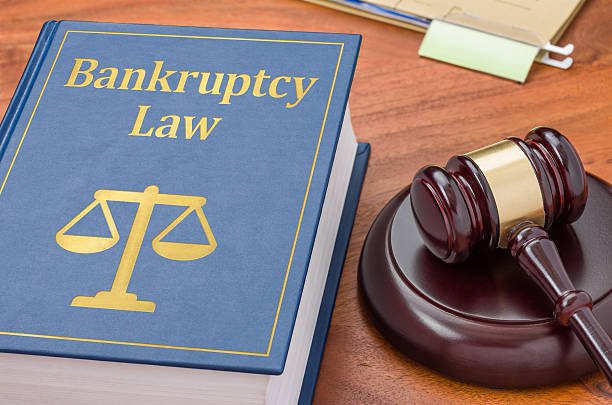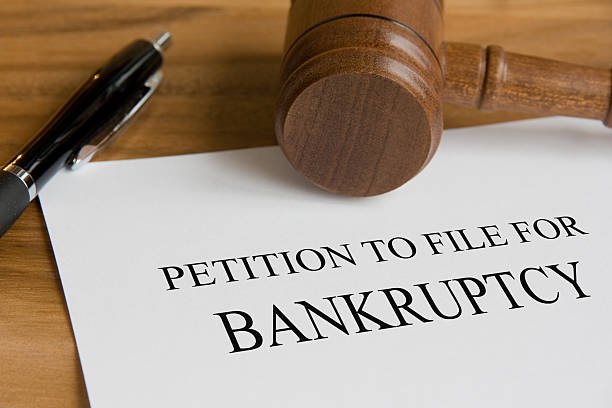
There are two kinds of bankruptcy lawyers: commercial bankruptcy lawyers who can assist you with bankruptcies for your business; and individual bankruptcy lawyers who can assist you with bankruptcies for yourself or with a friend or relative. It is not uncommon to have more than one kind of bankruptcy lawyer at your disposal. The first step in filing for bankruptcy is to contact a bankruptcy attorney. He or she will assist you with the forms and paperwork and tell you whether or not your bankruptcy petition is valid. They can also instruct you on what you should do before and after you file.
Once you contact this bankruptcy attorney in tulsa, you will learn that it is much easier than it may have appeared at first glance. The initial meeting will be relatively simple and brief, as most attorneys work on a contingency fee basis, meaning that they receive no money if you lose your case. Most attorneys will charge a percentage of what they recover from you, but this amount is usually less than 10%. This means that when your case is settled, they only get a portion of the total award. You pay them, which helps defray the expense of their services.
During the initial consultation, your bankruptcy attorney will determine whether or not you are a good candidate for filing bankruptcy. This can be done without having you come in personally, but sometimes it's helpful to have an advisor there to discuss your options and give you their advice. Your attorney will take into consideration your assets, debts, current income, possible sources of additional revenue, and any assets that may be of help to your case. They will also review your current financial circumstances, take stock of the debt problems you are facing, and review all of your bills and financial statements. This preliminary analysis will inform your attorney of your strengths and weaknesses and how they can best be used to your advantage. Your attorney will then present you with a detailed questionnaire, asking you a series of questions regarding your assets, debts, income, etc.
Once your bankruptcy attorney determines that you may need to file for bankruptcy, he will start to work on your case. Your case will go through several phases, including drafting an Answer to the complaint, filing papers, presenting arguments and documents to the creditors, and filing all necessary paperwork. Although some of these steps may seem straightforward, it's important to hire a bankruptcy lawyer who knows his or her stuff. For example, if you've recently been made bankrupt, you'll probably not have all of your creditors' information handy. Your bankruptcy attorney will be able to fill you in about all of your options and make sure that everything is done according to the law.
During the course of the process, your bankruptcy attorney will make contact with each of your creditors. He or she will try to negotiate a payment plan with the businesses. In some cases, the creditor can be convinced to settle the debt in total, without ever actually having to collect a penny. Your bankruptcy lawyer may also be able to persuade the courts to allow him or her to put a temporary freeze on your creditors' access to your money. He or she will also try to get a reduction in the amount of time that the debts are posted. The goal is to have the fastest turnaround time possible, so the sooner the debts are gone, the sooner you can get back on your feet financially. Visit https://tulsabankruptcyfirm.com/about-our-tulsa-bankruptcy-attorney/affordable-tulsa-bankruptcy-service, for more on these bankruptcy lawyer services.
If you're unable to reach an agreement with your creditors, you can file a chapter 13 case against them, which means that they will be forced to repay your debts. However, you should realize that filing chapter 13 is not easy. It takes a solid bankruptcy attorney behind you to ensure that everything is done according to the bankruptcy code. Get to learn more about this topic here: https://www.encyclopedia.com/social-sciences-and-law/law/law/bankruptcy.


